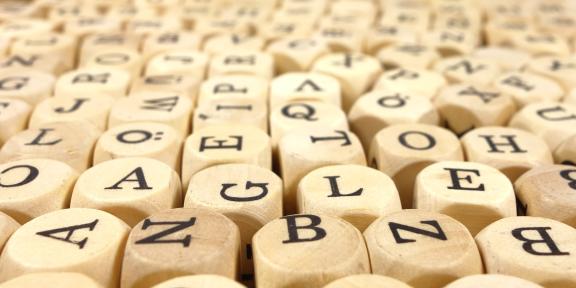You can either study Linguistics with a Modern Language you already speak, or with a Modern Language you’d like to learn from scratch.
In your study of Linguistics, you will be introduced to the analysis of the nature and structure of human language (including topics such as how words and sentences are formed, how we make and hear sounds, how languages change and vary and how language is organised in the brain) and you will apply these ideas to the study of your chosen language.
The University has particular expertise in general linguistics, phonetics, phonology, syntax and semantics, psycholinguistics and in the history and structure of many individual European languages and language families. All these combine to offer a mutually reinforcing package: on the one hand the theoretical study of what human language is and how it works; on the other, the detailed study of issues of language structure and change applied to the specific language you are studying. You will find a wide range of options available, allowing you to concentrate on those areas you find most exiting.
MLL Careers
The training in rigorous analysis provided by Linguistics, coupled with highly developed practical competence in a language, gives graduates an excellent basis for a wide range of careers in language-related employment and other areas.
Recent Modern Languages and Linguistics graduates include a management consultant, a brand marketing manager, a market researcher for a company in the chemical industry, a psychology lecturer and a teacher.
Related courses
Students interested in this course might also like to consider other Modern Languages courses, Asian and Middle Eastern Studies courses, or Psychology, Philosophy and Linguistics.
International opportunities
Students spend a year abroad before their final year. Please see Modern Languages for more information.
A typical weekly timetable
Your week’s work will include a tutorial on linguistics or literature, in or arranged by your college, a linguistics class and language classes on different skills relating to the language or languages you study, and five or six lectures.
1st year |
|
|
Courses Modern Language
Linguistics
|
Assessment First University examinations: |
2nd and 4th years (3rd year spent abroad) |
|
|
Courses Modern Language
Linguistics
The options listed above are illustrative and may change. More information about current options is available on the Linguistics and Modern Languages websites. |
Assessment Final University examinations: |
The content and format of this course may change in some circumstances. Read further information about potential course changes.
